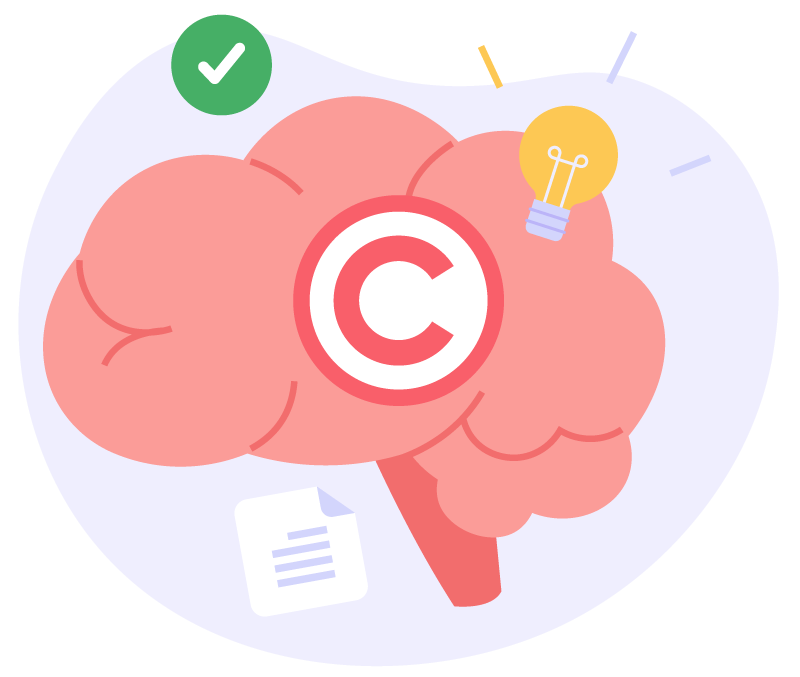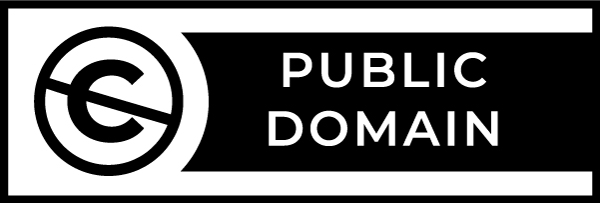You've likely written a documented essay at some point for a class. You wrote a piece that contains many of your own ideas, while integrating material from other sources. The other sources are then listed on a works cited page. This gives proper credit to the original authors. If you include word-for-word information from another source without giving the proper credit, that is plagiarism, a term one of your teachers has very likely mentioned before.
This also applies to written works that you place online. But if plagiarism were the only concern, a person could post any written work they wanted so long as they credit the original author. So, what happens if you post a poem that's in a book you own?

This is where copyright infringement becomes an issue. Work your way through the tabs below to learn more about digital work that should be cited and digital work that doesn't need to be.
A copyright is a type of legal right that protects a person's intellectual property as soon as that person puts their work into a tangible form, such as writing, photograph, video, musical composition, and so on. Copyright infringement is when a third party has used copyrighted materials without the expressed permission of the original content creator.

For example...
Let's say you post a written work that's currently only obtainable by purchase. In that case, you are affecting that author's marketability and income. But maybe that same author has made a poem they've written freely available on their own website? Can you use that?
While the poem on their site is free, it is still attracting an audience. If you post that work on your own website, it is stealing potential visitors the author may have gotten. And those visitors may then read more about the author, buy one of the author's other works, or tell their friends about the author's website, and so on.
This doesn't mean that every story, poem, and report in existence is off-limits. First, as we said, if your writing is well-documented and you are giving proper credit, you can cite material from other sources. Just be sure you don't go overboard—cited material should be used only to support your own writing, not instead of it.

Some works available online have had their copyrights expire or the creator expressly gave permission for the work to be usable by the public. These works falls under what's called the public domain.
Many old pieces of literature, silent films, historical images, and musical compositions fall into the public domain. These works can be sought out with a web search—many websites archive such material.
Be cautious when using digital works from the public domain—what is and isn't in the public domain can vary from country to country.
For example, something that is in the public domain in the United States may not be so in another country like Great Britain or Japan.
Question
What can you do if material you would like to use isn't in the public domain?
You can ask the author/creator for permission to use it. Your request may be denied, but it's a safer and easier course of action than possibly committing copyright infringement.
